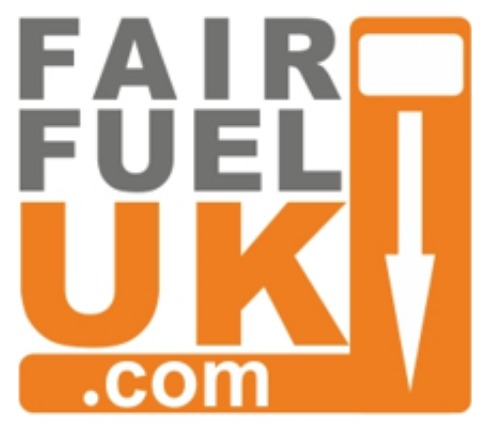Freezing one of the world's already highest motoring fuel taxes whilst welcomed since 2011, the Treasury must go much further and reduce this regressive tax significantly to put more money into consumer spending and business investment. Inflation is slowly falling because of recent falling pump prices. So wake up please, smell the coffee and recognise Chancellor you could make a massive impact into lessening the cost-of-living-crisis in the stimulation of real economic growth by cutting fuel duty big. And guess what, if you do so, the Tory Party might be re-elected simply by implementing this popular and common sense fiscal strategy.”
Following the OBR’s 23% rise in Fuel Duty post Autumn Statement bombshell, FairFuelUK commissioned the Cebr to assess the impact of the Chancellor’s planned 14.4p/litre levy rise on the already highest taxed drivers in the world. And made even more shocking, when Rishi Sunak, questioned by the Liaison Committee, refused to deny that this punitive tax hike would not be implemented in the March 2023 Budget.
The Cebr report’s conclusions are more than damning: https://fairfueluk.com/OBR
1. The annual cost of a 23% rise in fuel duty to a van driver is approaching £1,000
2. The annual cost of a 23% rise in fuel duty to an HGV user is approaching £7,000
3. It would add 2.3% to Inflation
4. It would cut GDP by 1%
5. Poorest will be hit hardest
Summary findings: A 23% rise in fuel duty would create economic damage, cutting GDP eventually by about 1% and reducing employment by about 31,000 jobs. It would add 2.3% to Inflation - A rise in fuel duty would hit the poorest motorists most. Motorists in the poorest 10% of the population spend proportionately more than twice as much on fuel as the richer groups.
Increasingly the use of road fuel in London is falling as car usage falls. As a result, a rise in fuel duty is very much a tax imposed by London on the regions. Londoners spend only about a third as much on fuel as the rest of the UK. The impact of any rise in fuel duty will be cumulative.
Essential vehicle users, especially LGV and HGV drivers, have already been hit recently by closed roads, closed lanes, speed restrictions, increased traffic jams and increased charges and enforcement penalties as a result of recent government actions. The effects of a rise in fuel duty will be hitting sectors that already feel that they have faced an excessive increase in the burdens on them that result from government policy. The annual cost of a 23% rise in fuel duty to a van driver is is approaching £1000
With growth in the online sector, vans are critical to the economy. The increase in the burdens on van drivers, like those on other road users, has already started to impact on their willingness to service clients. If this continues a critical link in the service chain could break.
The HGV sector is in a fragile situation. The average age of drivers is 55 with 13% over 60 and only 2% below 25. Profit margins are estimated at 1% only. The number of owner operators has been falling away. It is conceivable that a rise in duty could be the straw that breaks the camel’s back of this essential service. The annual cost of a 23% rise in fuel duty to an HGV user is approaching £7,000
Any rise in fuel duty would generate much less net revenue than OBR expects because of reduced usage, shifting to other areas of economic activity that are less highly taxed and because of losses of tax revenue from the negative impact on the economy.
Despite the recent freeze and the 5p cut in fuel duty March, UK diesel taxes are the highest in any major European economy while UK petrol prices are amongst the highest.
Cebr research for FairFuelUK has shown that the policy of freezing fuel duty, in place since 2011, has been highly successful, reducing the CPI by 6.7% compared with where it would have been by 2018 and boosting household expenditure by £24 billion.
With a policy that has proved successful, it would be bizarre to change it.
